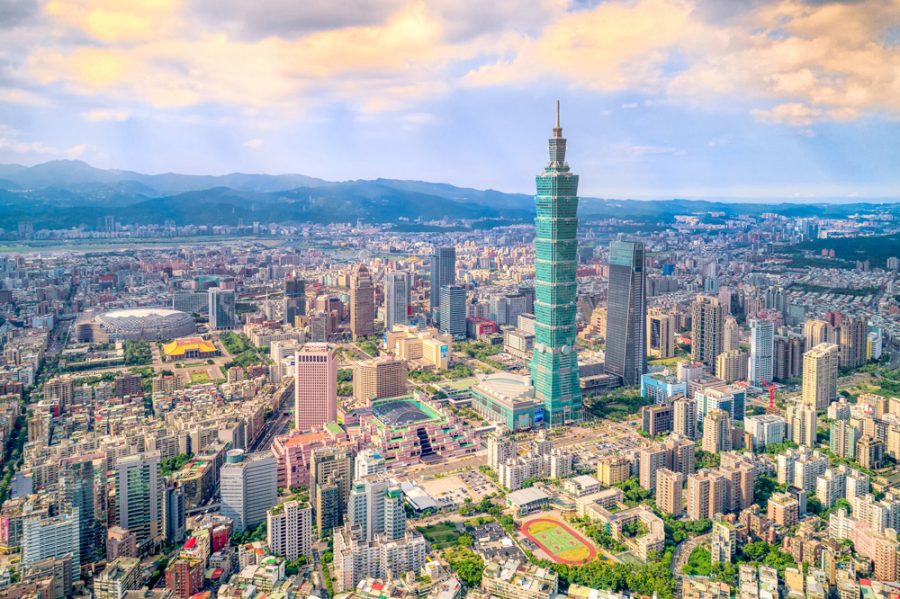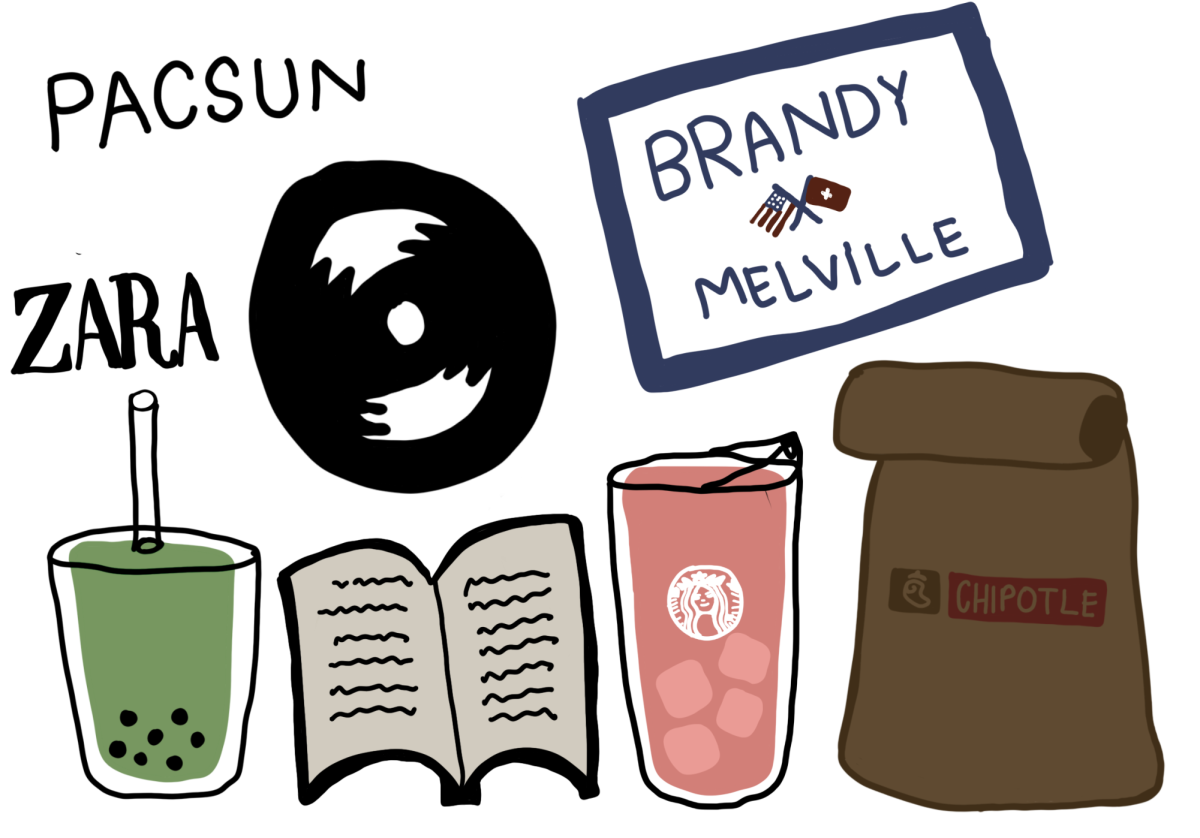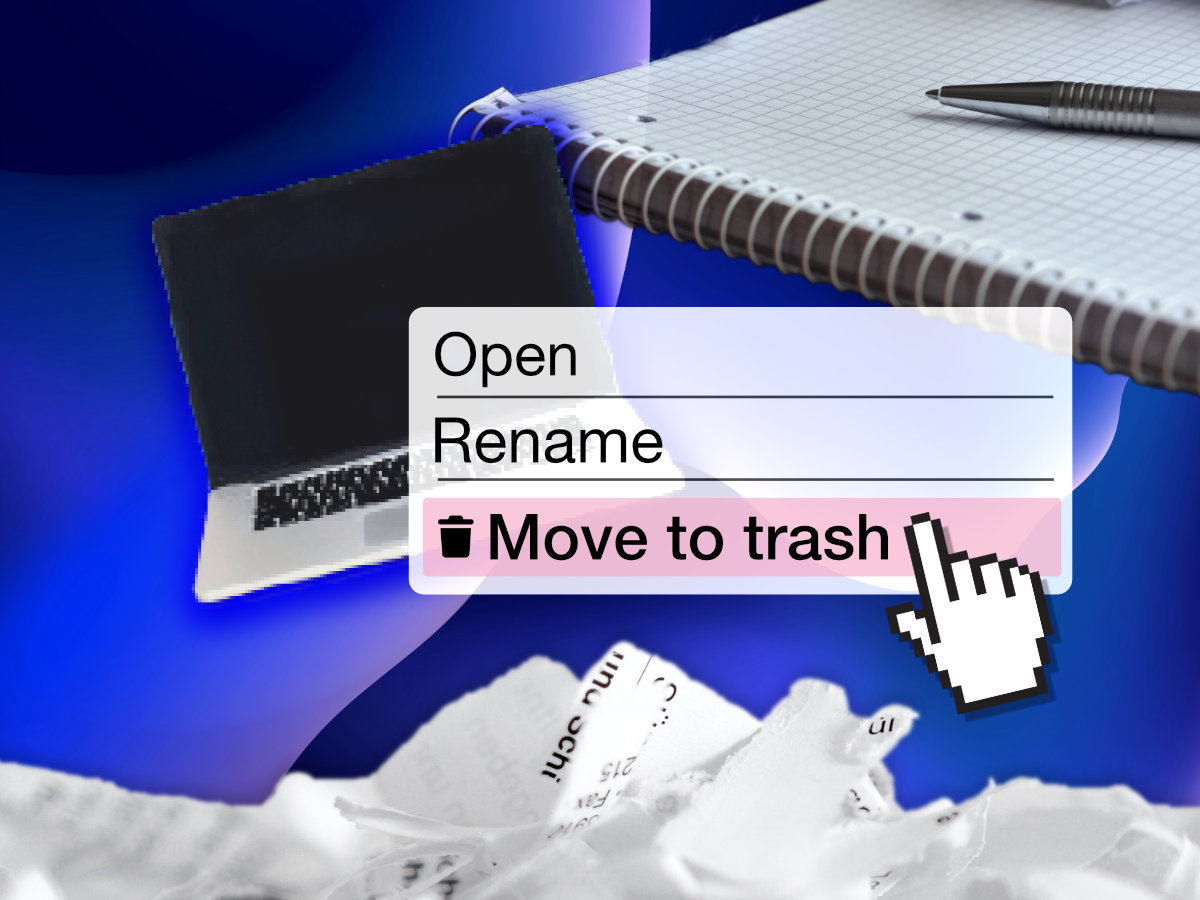Life has almost gone back to normal in Taiwan. Schools, restaurants, shopping centers, and other businesses are opening up. However, the Taiwanese government continues to enforce rules to keep citizens safe.
Rules made for travelers coming into Taiwan are among the most effective ways that Taiwan has contained the virus’s spread. This protocol tells travelers the exact instructions they need to follow to stay safe, and travelers are punished if they don’t follow the guidelines. The Taiwanese government looks over each individual by sending a care package and performing daily check-ins to make sure visitors are still quarantined.
Teresa Wu, a business professional in California, traveled to Taiwan in early July. She explained her experience of spending two weeks in quarantine.
“You have to get a designated driver… to drive you to your quarantine place where you start your 14 days of quarantine,” said Wu. “They [the Taipei City Official] would call us twice a day, in the morning and in the afternoon, to check… whether we have a fever or other symptoms… and they traced our mobiles… People will get fined if they leave [their quarantine place].”
Aside from these rules, the Taiwanese government also provides a bag of essential foods and a daily allowance of $30 during the two weeks.
When COVID-19 hit China hard, many predicted that the same would happen to Taiwan, but Taiwan was prepared. Masks were widely available to taiwanese hospitals and citizens, while many other countries faced mask shortages.
“We have to wear masks [and social distance] when we are outside and in restaurants,” explained Alysia Wu, a third-grade student in Taiwan.
Alysia thinks that wearing a mask is “uncomfortable” to do all day, but schools have to stay as safe as they can. Students cannot physically touch each other, and they have to have temperature checks every time they enter a classroom.
At the start of the pandemic, hospitals around the world began to get gear to protect both themselves and their patients. Meanwhile, most hospitals in Taiwan did not have COVID patients due to their low number of cases.
“Depending on the department, doctors were provided with gear to stay sanitary,” said Steve Chiang, a cardiovascular doctor in Taiwan. “We did not have a shortage of protective gear because we only used it when we needed it.”
Dr. Chiang shared his thoughts on the United States’ response to COVID and offered advice to U.S. citizens looking to stay safe.
“I think the situation is pretty serious, but it is harder to control with the larger population and all the different people living in America… Wear a mask, take care of yourselves, and be mindful of others.”
This interview was conducted in Mandarin and translated by the author.








